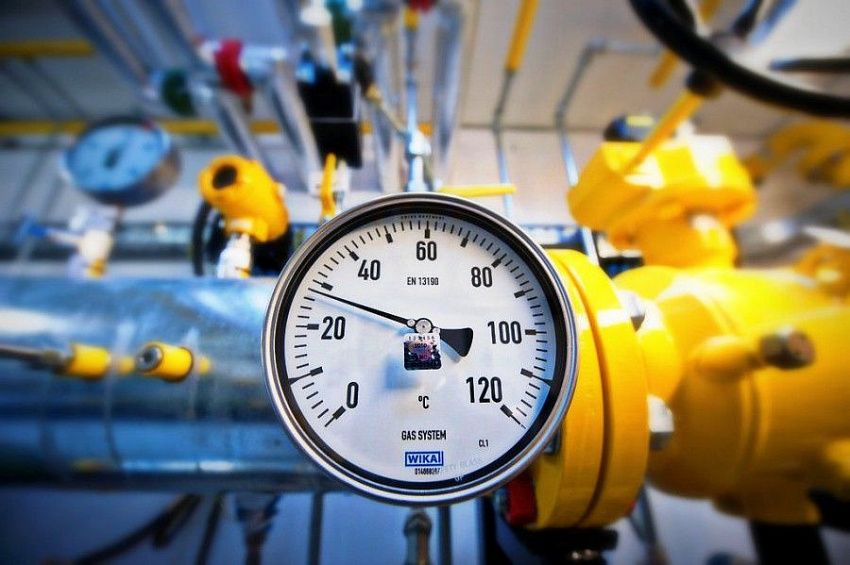Long term contract: how to accumulate debt at low gas prices
 The situation got worse
The situation got worse

By Anatol Pankouski
Late last week, Belarus was given the so-called “Miller’s ultimatum”, which comes down to the fact that Russia will not revise the gas price under the current contract. Such a position completely disregards actual market conditions. Russia is ready to resume talks on the price of gas in 2021 and only after Belarus pays off accumulated debt.
On May 29th, 2020 Russian Gazprom announced that Belarus accumulated a USD 165.6 million debt for shipped gas. Gazprom head Miller said that Russia would be ready to schedule negotiations on gas supplies to Belarus as of January 1st, 2021 only after the due debt was repaid in full. Miller said an official letter outlining Gazprom’s position was submitted to Belarusian Energy Minister Krankevich.
Gazprom Transgaz Belarus has not provided any details about the origin of Belarus’ debt, but Minsk will obviously dispute, if not the debt existence, but its size, for sure. The Belarusian Energy Ministry has already informed Gazprom that there was no debt for imported natural gas.
In February 2020, immediately after concluding the current contract for the supply of Russian gas, Lukashenka stated that he would not pay the entire sum to Gazprom Transgaz Belarus (Gazprom’s Belarus subsidiary). He meant that he would not pay a premium for gas deliveries to consumers, such as Beltopgaz and regional gas companies, at USD18 per thousand cubic meters. Hence, from the Belarusian president’s viewpoint, the price of gas for Belarus should not be USD127 per thousand cubic meters, as indicated in the contract, but USD 109 per thousand cubic meters (in fact, he said USD 111, but it is nothing).
In April, Minsk reiterated the Russian gas price issue in the context of possible assistance from a partner in the Belarus-Russia Union State amid the coronavirus outbreak. Lukashenka then expressed the desire to buy gas at a “world price” and added new arguments, that “Russia sells natural gas in Europe at USD 80, not exceeding USD 90 per thousand cubic meters. We pay USD127. Who is paying that much today?”
Finally, on May 19th, at the Supreme Eurasian Council meeting, Belarus and Armenia failed to influence the EAEU tariff policy before 2025 (ideally, they aspired for a ‘domestic price’ for Russian gas). Then Putin made it clear that gas prices “should be based on market conditions”.
Meanwhile, the market generously endows gas market players with price shocks. The spot price of gas on major trading grounds on May 22nd hit a historic low. Then, after the suspension of gas supplies from Russia through the Yamal-Europe gas pipeline, the price somewhat recovered (being the highest at the Austrian hub in Baumgarten at USD 64 per thousand cubic meters), however, it is still below the profitability level for any gas supplier, including Gazprom. According to calculations by Interfax analysts, gas sales in Europe start brining profits to Gazprom when gas price is some USD 100 per thousand cubic meters.
Considering Putin’s words about the “market situation”, Minsk’s demands to lower the gas price are only fair. However, it will be extremely difficult for Belarus to achieve justice in the gas issue amid the “transit argument” being no longer relevant.
Reduced transit (to almost zero) through the Yamal-Europe gas pipeline followed the expiration of a long-term gas transit contract with Poland on May 17th, 2020. Gazprom is now reserving the pipeline capacity for future needs. Gazprom deliberately reduced gas supplies to Europe along the Belarusian-Polish route, since the major reduction in demand for Russian gas was in Germany, where storage facilities are already 83% full. Russian gas supplies to Europe along other routes remained almost unchanged.
The current situation in Belarusian-Russian relations is somewhat like that four years ago when Minsk attempted to revise the price of gas as laid out in the contract concluded in 2014 and started applying independent pricing in 2016. As a result, accumulated debt was estimated by Gazprom at USD 300 million. Then Russia for the first time, and successfully, used oil supplies as a lever in the gas dispute.
Belarus’ current negotiating position is much weaker than in 2016, and the ally does not need to use the oil leverage. Simply cutting off the gas would do.
Subscribe to our newsletter




Situation in Belarus
Constitutional referendum: main consequences


 Video
Video
How to count the political prisoners: are the new criteria needed?


 Video
Video
Paternalism In Decline, Belarusian Euroscepticism, And The Influence Of Russia


 Video
Video












